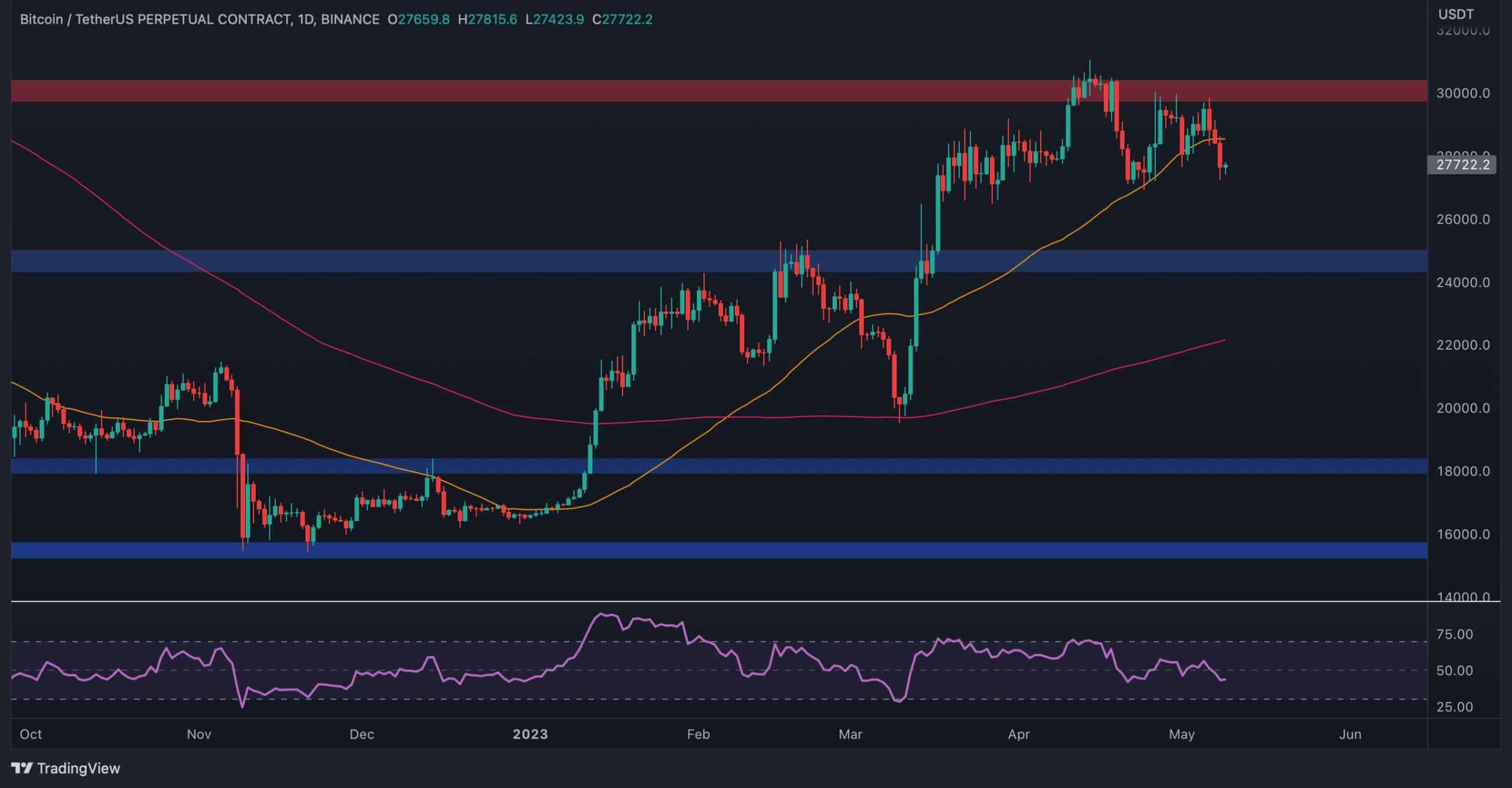
As the world continues to embrace blockchain technology, decentralized data storage solutions have emerged as a critical component in the decentralized web (Web3). Two of the most prominent players in the decentralized storage space are IPFS (InterPlanetary File System) and Arweave. Both systems aim to revolutionize how data is stored, accessed, and shared across the internet. However, they have fundamentally different approaches and technologies, which makes understanding their respective strengths and weaknesses essential for users and developers alike. In this article, we will explore the key differences, use cases, and potential of IPFS and Arweave as decentralized storage solutions.
Understanding IPFS and Its Approach to Decentralized Storage
IPFS, developed by Protocol Labs, is an open-source protocol designed to make the web more decentralized by enabling peer-to-peer sharing of files. Unlike traditional centralized file storage, where data is stored on a single server or set of servers, IPFS distributes files across a network of nodes. Each file is identified by a unique cryptographic hash, and the data is split into chunks that are distributed and stored by multiple nodes. This ensures redundancy and availability.
IPFS operates on a content-addressing system, meaning that files are accessed using their unique hash rather than a server-based URL. When a user requests a file, the system retrieves the data from the nearest available nodes that store that particular file chunk. This ensures faster access and a more resilient system since the data is distributed across the network.
Key Features of IPFS:
- Distributed Storage: Files are stored across a network of nodes, reducing dependency on centralized servers.
- Content Addressing: Files are accessed via their unique cryptographic hash, ensuring data integrity.
- Decentralization: IPFS allows for the decentralized sharing and storing of data, promoting censorship resistance and removing single points of failure.
- Efficiency: Since IPFS retrieves files from the nearest nodes, it can reduce latency and improve speed for users.
Understanding Arweave and Its Approach to Permanent Storage
Arweave is a decentralized storage protocol that focuses on permanent data storage. While IPFS provides decentralized file sharing, Arweave’s goal is to store data in a way that it remains accessible indefinitely. Arweave uses a unique consensus mechanism called Proof of Access (PoA) and employs a blockchain-based structure to ensure the longevity and permanence of stored data.
Arweave achieves permanent data storage by requiring users to pay a one-time fee for data storage. This payment is used to incentivize storage providers to host the data permanently. In contrast to IPFS, where files are stored as long as nodes continue to host them, Arweave ensures that data remains on the network forever, even if the original node that uploaded the data goes offline. Arweave’s structure makes it particularly suited for applications that require long-term data storage, such as archiving, historical records, and permanent data registries.
Key Features of Arweave:
- Permanent Storage: Arweave guarantees that data will be stored permanently, unlike IPFS, which requires ongoing hosting to ensure availability.
- Blockchain Integration: Arweave uses blockchain technology to ensure that data remains immutable and tamper-proof.
- One-Time Payment: Users pay a one-time fee to store data forever, with no recurring costs for storage.
- Decentralization: Like IPFS, Arweave operates in a decentralized manner, ensuring censorship resistance and data availability across a network of nodes.
IPFS vs Arweave: Key Differences
- Data Permanence:
- IPFS does not guarantee permanent storage. Files are hosted by nodes voluntarily, and if no nodes continue to host the data, it could become unavailable.
- Arweave, on the other hand, guarantees permanent storage by using a blockchain-based system where users pay once for data storage, ensuring its availability indefinitely.
- Storage Model:
- IPFS is based on a peer-to-peer model where users share data across the network. It relies on nodes actively hosting and sharing data.
- Arweave uses a more structured model, with a focus on permanent storage and its unique Proof of Access consensus mechanism that ensures data is available perpetually.
- Use Cases:
- IPFS is ideal for decentralized applications (dApps), content distribution, and temporary file storage where long-term retention isn’t critical. It excels in scenarios requiring efficient data retrieval, but without guarantees of permanence.
- Arweave is better suited for applications that require permanent and immutable data storage, such as archival purposes, legal records, and long-term data storage for digital art or media.
- Cost Structure:
- IPFS is free to use for file sharing, but to ensure data remains available, users or services must continue hosting it.
- Arweave requires a one-time payment for data storage, which covers the cost of hosting the data forever. This is a major distinction when considering long-term data storage costs.
- Data Accessibility:
- In IPFS, the data’s availability depends on how many nodes are storing it. If there are fewer nodes, data retrieval could become slower or less reliable.
- Arweave ensures constant access to data, as it is stored permanently and supported by the blockchain structure, which makes it highly reliable for permanent records.
Future Potential and Use Cases for IPFS and Arweave
As decentralized storage solutions continue to evolve, both IPFS and Arweave have significant potential in various sectors:
- IPFS is well-suited for use in Web3 projects, decentralized file sharing, and dApps where data is often dynamic and only temporarily required. It has also gained traction in decentralized finance (DeFi) platforms for storing data such as transaction history, logs, and decentralized content distribution networks (CDNs).
- Arweave is gaining popularity in applications requiring immutability and data permanence, including the storage of NFTs (Non-Fungible Tokens), digital art, and important legal or historical records. The blockchain-backed data storage makes it an ideal solution for decentralized archives and long-term data registries.
Which Is Better for Decentralized Data Storage?
The choice between IPFS and Arweave depends on the specific requirements of the user or application. If temporary, efficient, and distributed file sharing is the priority, IPFS remains the preferred choice due to its flexible, peer-to-peer structure. However, if permanent, immutable storage with no recurring fees is required, Arweave stands out as the better option for ensuring the longevity and availability of data over time.
Both IPFS and Arweave represent important innovations in the field of decentralized data storage, each with unique strengths and challenges. While IPFS offers a robust, efficient solution for decentralized file sharing, Arweave’s model for permanent data storage is a promising development for applications that demand long-term data retention. As the decentralized web continues to grow, both solutions will play a crucial role in shaping how data is stored, accessed, and shared across the globe.



